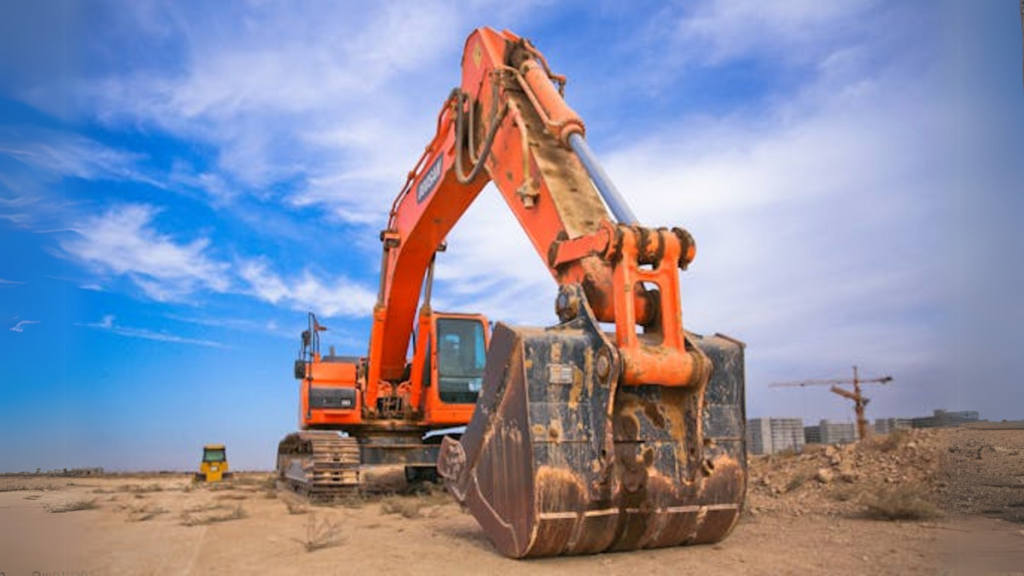Whether you’re planning to build your dream home or your first office building, the first step should always involve assessing the ground you want to build on. While you may think that all soil is the same, the reality is that soil types, structures, and characteristics vary extensively.
The soil testing Melbourne geotechnical services have on offer includes a simple, but effective analysis of the quality and type of soil. This is done to assess whether the ground you want to build on is stable enough to hold the weight of your home or commercial building.
Understanding Residential Soil Testing
All residential builds require a soil test to be done, no matter how small the proposed build is. Typical residential projects include the following:
- Houses
- Duplexes
- Small-scale townhouses
In these instances, the soil test needs to assess whether the soil can support lighter structures. Here the tests will focus on surface conditions to confirm whether the soil is suitable for the preferred foundation. These can range from slab, piers or other footing systems.
Residential soil investigations often include the following key objectives:
- Assessing soil stability and load-bearing capacity for lighter structures.
- Checking for the presence of expansive clay, which can cause foundation heaving.
- Ensuring adequate drainage and preventing potential moisture-related issues.
Understanding Commercial Soil Testing
Commercial soil testing takes place on a much larger scale. This is because these types of projects often involve heavier, larger structures such as the following:
- Warehouses
- Hospitals
- Sports facilities
- Office buildings
- Industrial spaces
- Schools
Unlike the tests done for residential buildings, the assessments done for commercial sites have to be done deeper than the usual surface soil analysis. For the most part, these include the following:
- Deeper boreholes to assess soil conditions several meters below the surface.
- A significantly varied scope and recommendations based on the nature, size, and specific requirements of the commercial project.
- Differing geotechnical parameters, essential for evaluating the soil’s behaviour under loading conditions, which in turn influence foundation design, construction techniques, and project feasibility.
With commercial tests, the overall goal is always to ensure that the soil can hold the weight and stress that these structures may exert over their expected lifespan. These types of assessments are also intended to prevent structural failures. The last thing any business owner wants is to have a building collapse when it’s occupied!
Top Reasons Why Commercial Soil Investigations Are More Comprehensive
There are several reasons why commercial soil investigations are more extensive than their lighter residential counterparts. Here are the more common reasons to be aware of:
- Heavier Loads and Larger Structures: Buildings like factories, hospitals, and sports facilities place substantial weight on the soil. The investigation needs to ensure that the ground can support this load without excessive settlement or failure. The goal here is to assess whether the soil will hold up in normal conditions as well as in high rainfall. This is especially important if your structure is built on or near a slope where there’s the potential for landslides.
- Specialised Infrastructure: Projects such as telecommunications towers, retaining walls, or large paved areas require specific assessments to guarantee durability and stability over time. In these instances, engineers will adjust building materials and techniques to ensure maximum stability in areas where the soil is weaker or less stable than expected.
- Long-term Safety and Compliance: Commercial projects must adhere to stringent safety regulations and building codes. A comprehensive geotechnical investigation helps identify potential soil issues early, allowing engineers to design appropriate foundations and mitigation measures. As the property owner, you will want peace of mind that your build is compliant. Keep in mind that you could be held liable if the building is found to have been built on unsafe or unstable ground after an incident occurs.
Knowing the Value of Geotechnical Reports in Commercial Construction
Requesting a comprehensive geotechnical investigation should be about more than just going with the flow to achieve the building permit you need to get your project started. This assessment should be used as a strategic investment that ensures your building is safe, durable, and cost-effective.
Here are a few ways this test will benefit your project in the long run:
- Risk Mitigation: By identifying potential soil-related risks early on, geotechnical reports help developers implement solutions before problems escalate.
- Cost Efficiency: Proper planning and foundation design can save substantial costs down the line by avoiding issues like foundation failure, drainage problems, or unexpected soil settlement.
- Informed Decision-Making: Armed with detailed soil analysis, engineers can design structures that are both safe and cost-effective, leading to successful project outcomes. Building engineers can strive to find safe and durable techniques to counteract any issues identified within the soil, such as instability or poor drainage.
Final Thoughts
Whether you’re building a commercial or residential structure, a soil test will be required. This will give you peace of mind that your building is not only compliant with local legislation but also safe and stable for long-term use.

